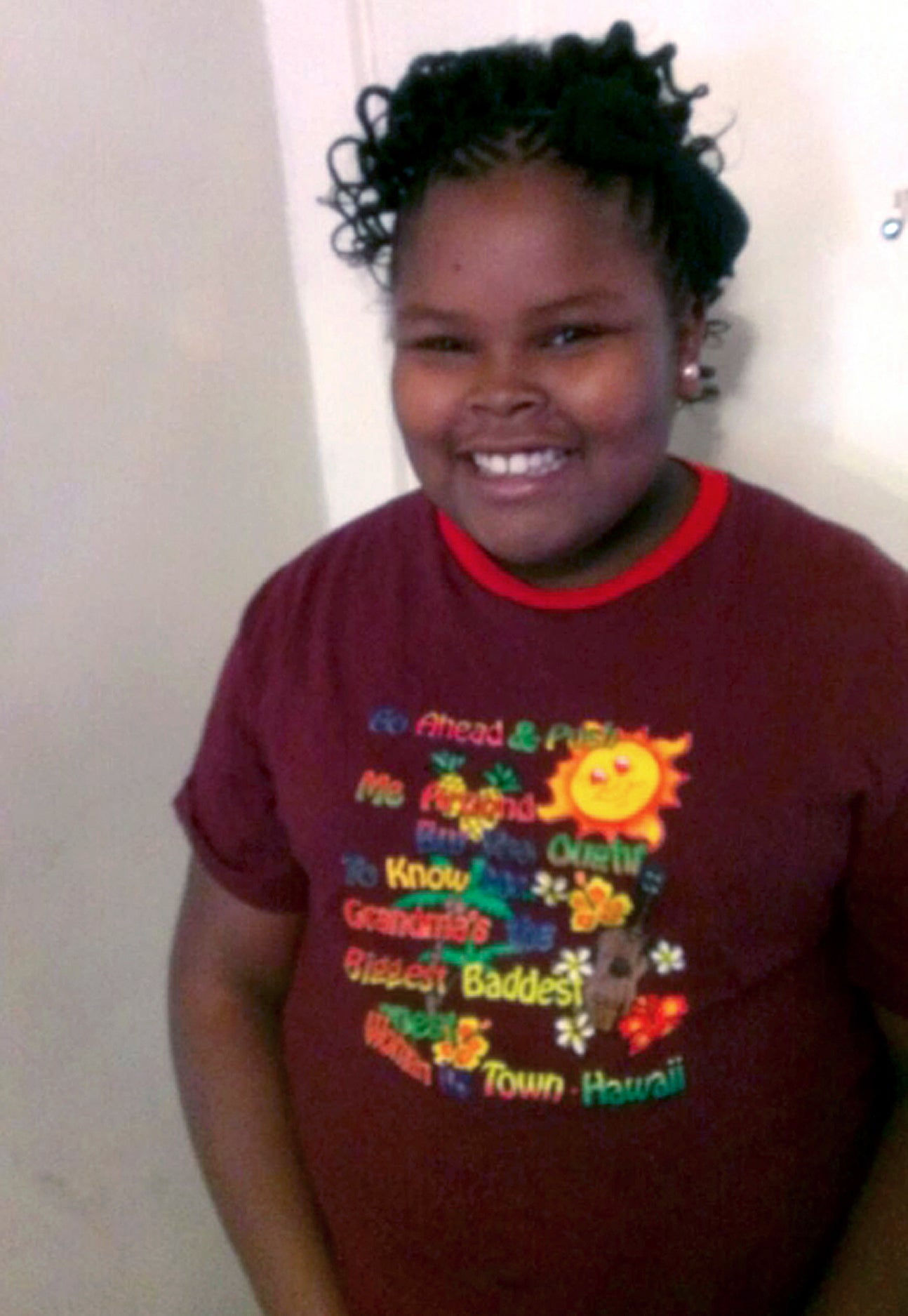
We have all watched this awful situation unfold. Thirteen-year-old Jahi McMath of Oakland, California, went in for a routine surgery to remove her tonsils and correct other medical issues connected to sleep apnea on December 9, 2013. The surgery seemed to go as normal, but she’d later go into cardiac arrest and lapse into a coma. Jahi was placed on a ventilator and soon after declared brain dead by the hospital.
From there, the debate raged. The family questions how Jahi ended up in this state and expressed a belief that the hospital just wanted to disconnect the ventilator and move on. They pointed to the fact that Jahi is able to urinate, seems to move in acknowledgement of her mother’s voice and shows other signs of life. The family attorney stated that Children’s Hospital and Research Center of Oakland was “hell bent” on ending Jahi’s life. In light of this belief, the family began searching for another facility that would be willing to continue treatment until (or if) Jahi regains consciousness.
The hospital, on the other hand, stated that Jahi is brain dead with no hope of recovery. Doctors say that involuntary movement in brain dead patients is common. The Alameda County coroner issued a death certificate to this effect, with the date of death listed as December 12, 2013. An outside medical expert has also declared Jahi McMath to be brain dead. This battle escalated to the California courts, where a judge agreed with the hospital’s assessment. The judge also imposed a January 7 deadline for the family to find another facility to treat Jahi, or the hospital would be permitted to disconnect the ventilator. Jahi’s family, just short of the deadline, was able to take custody of her and transported her to a new facility. The fate of her health remains unknown.
Back in 2005, we witnessed the same battle over Terry Schiavo. She lived near vegetative state for 10 years; her family wanted to keep her on life support, while her husband wanted to disconnect all artificial aid. Schiavo’s family eventually lost the court battle and life support was ended. Now, Terry’s family, through their organization, The Terry Schiavo Life and Hope Network, is assisting Jahi’s family in finding a facility for Jahi’s care.
What does this tragedy teach us?
First of all, it reminds us of the frailty and uncertainty of life. A routine procedure can result in incapacitation. We can be in a car accident and not be able to speak for ourselves.
This is why it is important to do a living will. A living will should not be confused with the traditional will that deals with property. A living will spells out what you want to happen if you are incapacitated and only takes effect when you are determined to be permanently unconscious by a medical expert. Living wills address major issues that may occur in your care. For instance, do you want a feeding tube to give you nutrients? Do you want to be resuscitated if your heart stops beating? Do you want to be on a ventilator and if so, for how long?
Another good aspect of a living will is that it is a conversation starter with your loved ones. No one enjoys talking about death or incapacitation, but you should be well aware of what your family members want. It avoids chaos and fights in the hospital when all attention should be paid to the one who is ill. Children cannot sign their own living will; but if they are old enough, it should be discussed in an age appropriate manner. Parents or legal guardians make these decisions on behalf of their minor child – so parents need to be of one accord by engaging in these discussions beforehand. There is no worse situation than one parent who is ready to let go, while the other parent is fighting for the maintenance of life support. You sign this type of document and give it to you child’s pediatrician.
You can do a living will on your own (samples can be found here or with the help of an attorney. Usually you sign the document in the presence of two witnesses, or a notary. This document must be given to the healthcare provider of your choosing (best bet is your primary care physician). You can give another copy to a trusted family member.
As hard as this process may be, do it now, when there is no emergency. It avoids your loved ones from having additional stress during a difficult situation. Hopefully, you will never need it…but it is always better to be prepared!
Melba Pearson is an attorney, writer, speaker, wife and the Resident Legal Diva. Follow her on twitter @ResLegalDiva and her blog at melbapearsonesq.com.